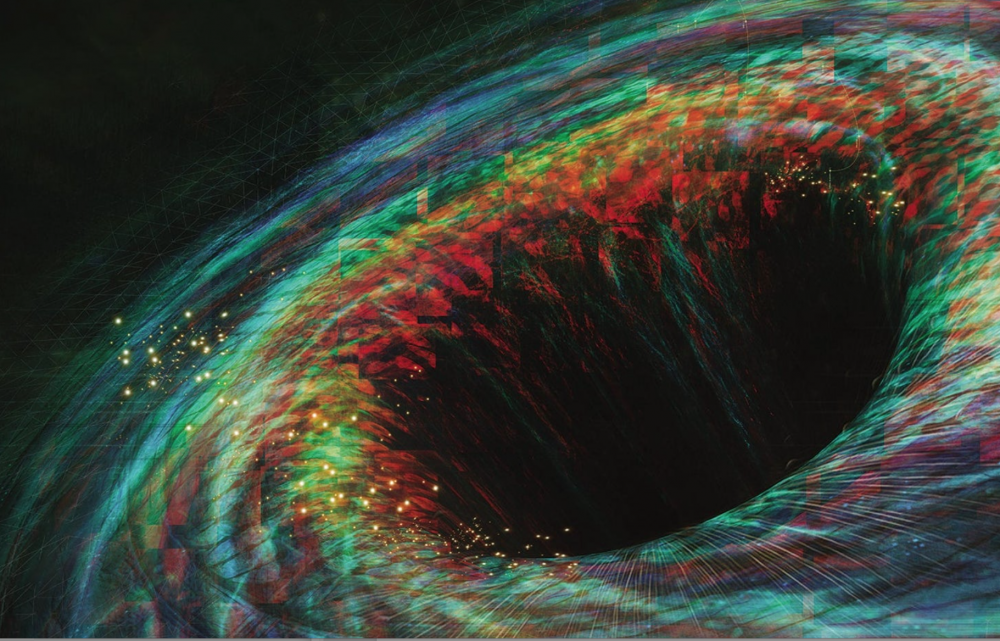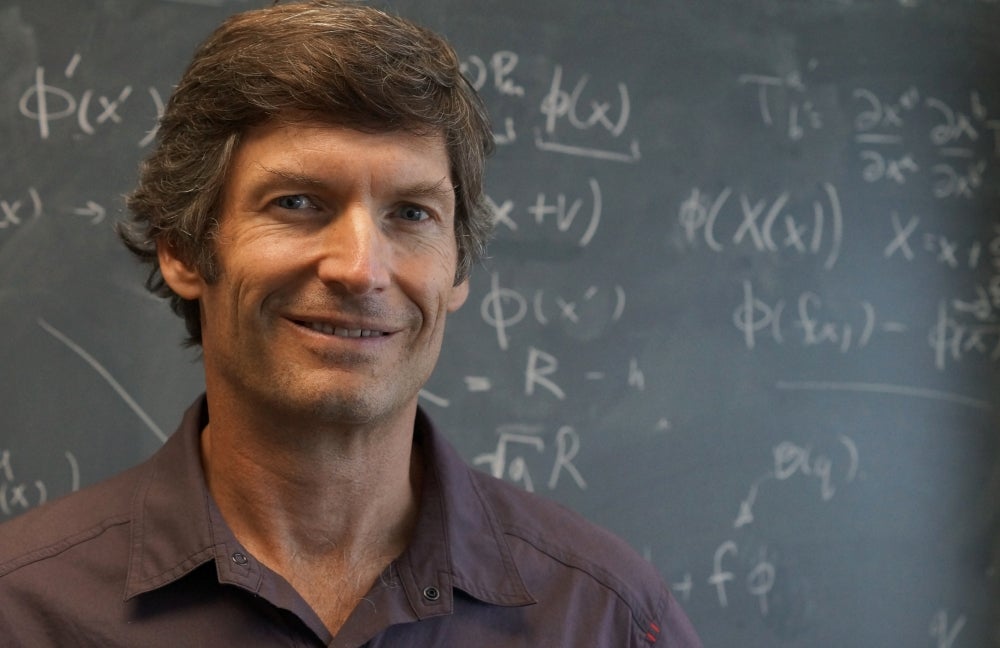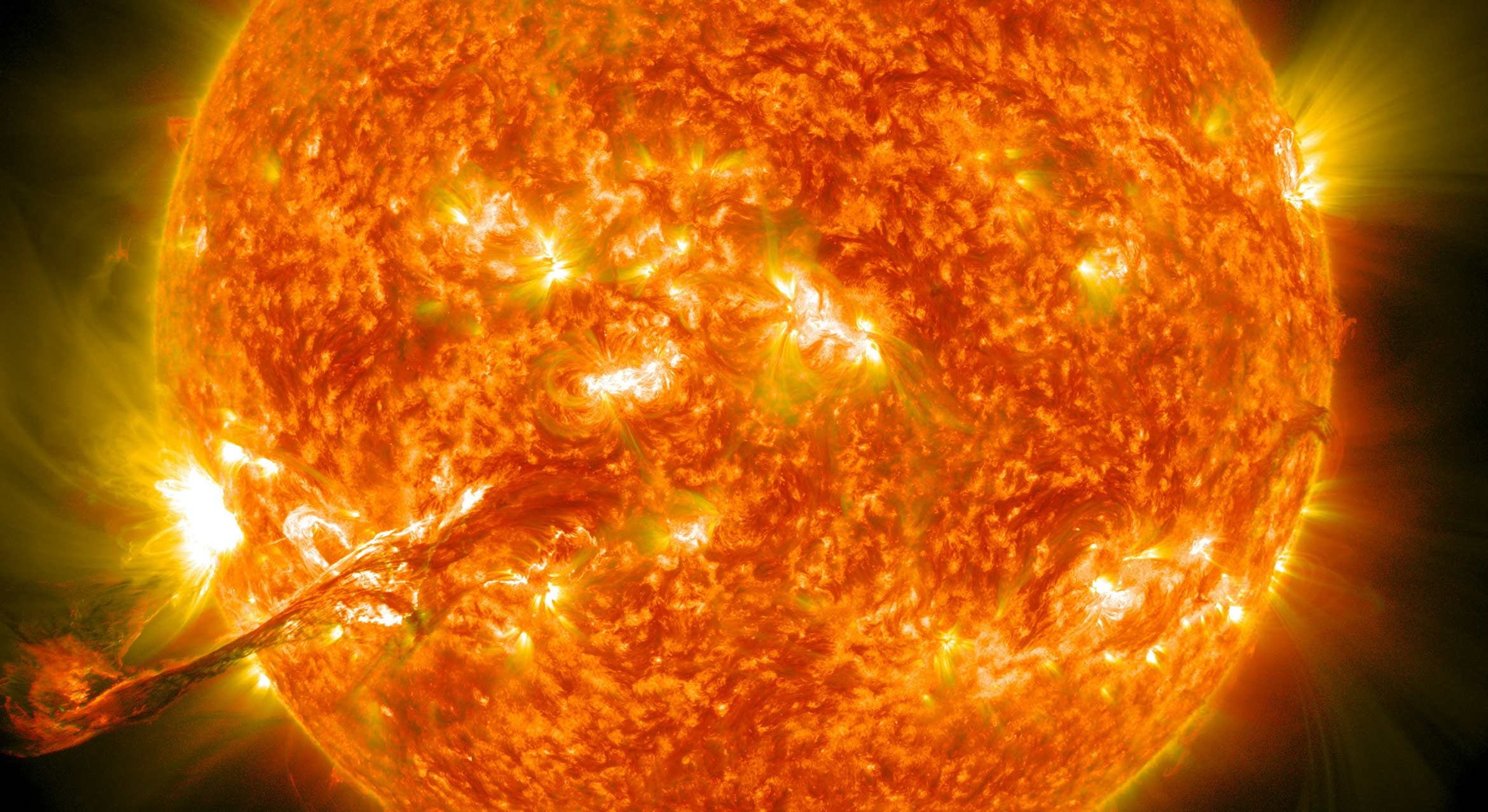
Holes in our Physics

Black holes — those mysterious voids in spacetime — are among the most extreme tests of the physics that we know. They reveal what we don’t understand about the Universe, with paradoxes and inconsistencies to thwart even the most sophisticated theories about their behaviors.
“The most intriguing thing about black holes is that they indicate a serious breakdown of our present laws of physics, and one that is so severe it calls into question our most basic notions of space and time,” said UC Santa Barbara theoretical physicist Steven Giddings, who has had a lifelong fascination with black holes.
Predicted roughly a century ago, based on Albert Einstein’s theory of relativity, black holes were thought to be regions of space with such intense gravity from which nothing could escape.
In the following decades, new discoveries would come to light — notably, the emergence of quantum theory — which would upend much of the prevailing physics of the day, including the notion that everything that gets dragged into a black hole is gone forever.
“Apparently, according to quantum mechanics, things that fall into black holes must be able to escape — albeit in a highly transformed and unrecognizable state,” Giddings said.
Still, the question remains: What actually does happen to the information that falls into a black hole? In an article written for Scientific American, Giddings brings everyone up to speed with what we do know — and perhaps more importantly what we don’t know — about these strange objects that continue to defy our understanding. Given recent advances, including the first observations of gravitational waves generated by black hole collisions, and the first real picture of a black hole, they are no longer figments of our imagination, Giddings said, but appear to be “real — and remarkably common” phenomena.
“The next question is how closely they follow the predictions of Einstein’s general theory of relativity,” he said. “In order to give a description of black holes that is consistent with quantum laws, it appears that there need to be significant modifications to general relativity.”
The dominant theories around what happens to information in black holes each run into massive problems that contradict known physics, and making the necessary modifications will be a gargantuan effort, but, with theoretical advances and our growing ability to directly observe black hole behavior, we could be on the cusp of solving not just what happens to information in black holes, but also the biggest physics problem of our time.
“I believe that by the time we resolve the problems of black holes, we will have taken a major step — perhaps the most important step — towards the ultimate reconciliation of general relativity with quantum mechanics,” Giddings said.



